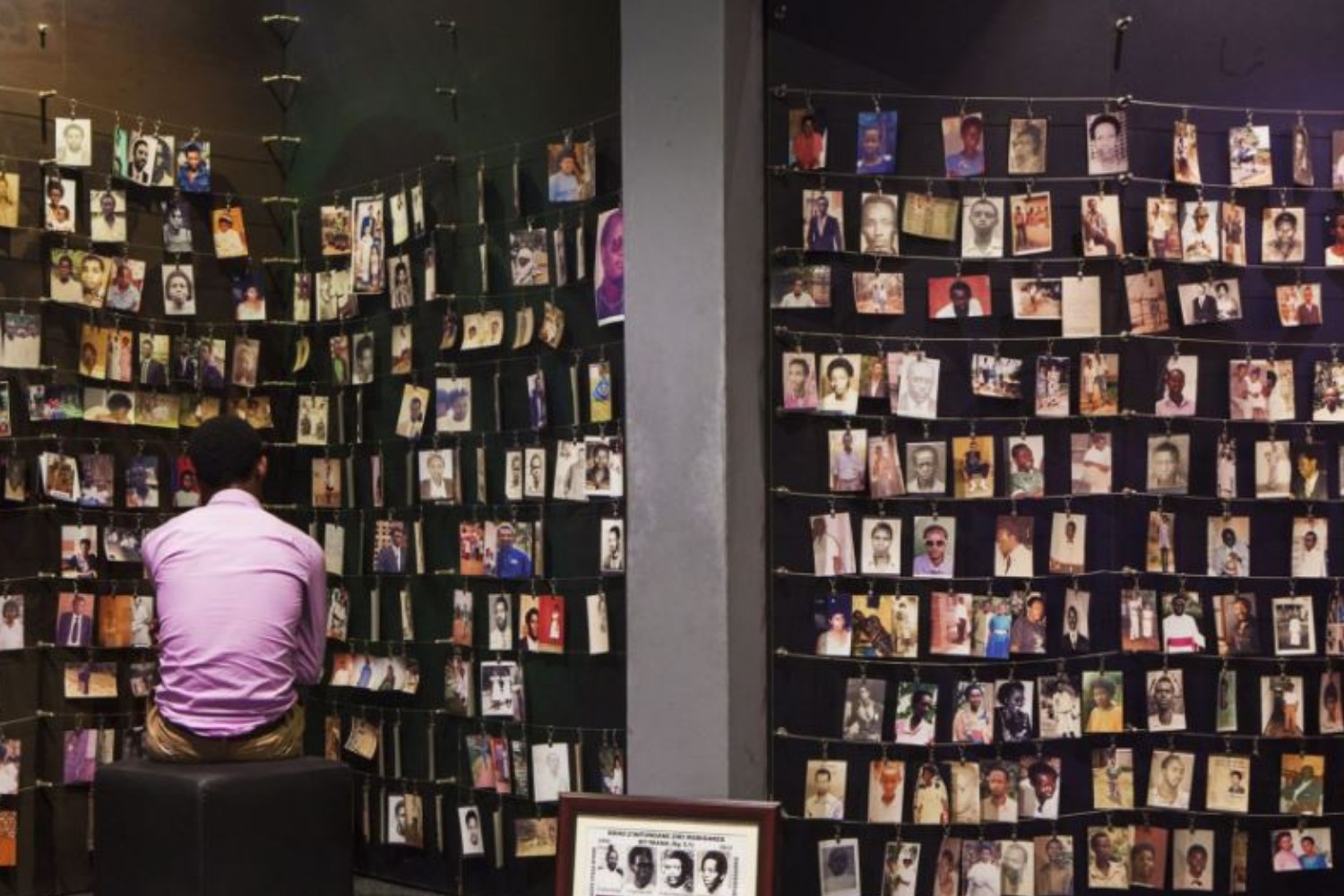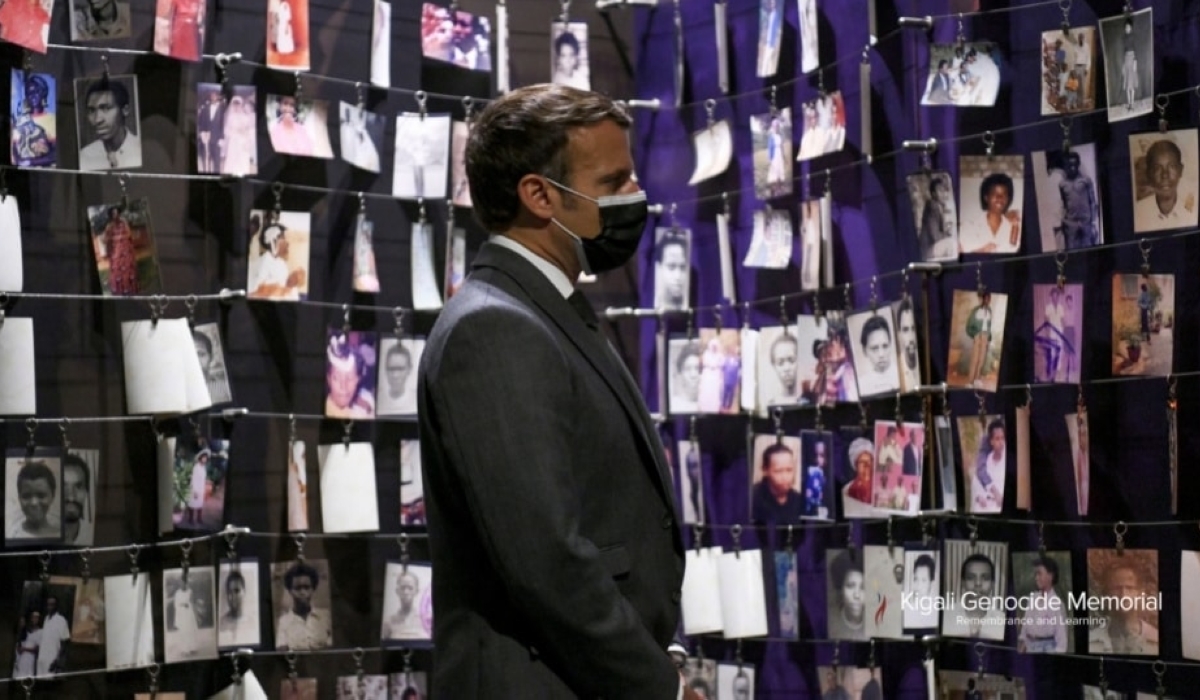International
Heavy task awaits AU special envoy in combating genocide, mass atrocities in Africa

As
Rwanda and the world commemorate 30 years after the 1994 Genocide against the
Tutsi, some encouraging news comes from the African Union (AU). The Chairperson
of the AU Commission, Amb Moussa Faki Mahamat, appointed Adama Dieng of Senegal
as the first AU special envoy for the prevention of the crime of genocide and
other mass atrocities. Dieng will drive the AU's agenda to combat the ideology
of hate and genocide on the African continent.
The
development although deemed rather late, was welcomed across the continent as a
right step to make “Never Again” a reality and also to prevent crimes that
precede genocide and other mass atrocities. In 2019, at the United Nations
headquarters in New York, the UN Secretary General launched a strategy and Plan
of Action on Hate Speech.
The
plan sets out strategic guidance for the UN system to address hate speech at
national and global levels with the objective of addressing root causes and
drivers of hate speech and to enable effective UN responses to the impact of hate
speech on societies. However, the action plan remains good on paper than in
action.
Despite
the UN plan to combat hate speech, no tangible actions have been realized, so
far. Hate speech still goes on with impunity in many parts of the world. The
fact that Dieng served as the UN Secretary-General's Special Adviser on the
Prevention of Genocide, there is confidence among African countries that he is
the right man to make a difference on the continent.
As
Rwanda commemorates 30 years after the genocide against the Tutsi, there is
rampant genocide denial spread especially by genocide suspects and their
supporters mainly living in ‘democratic and human rights observing countries’
abroad.
The
deniers and revisionists are publishing books and making public statements
through Western media and other platforms with no red flag against them, yet
Genocide denial is the last stage of genocide.
Dieng
has a challenge to ensure that such genocide denial which in essence is a
continuation of the genocide against the Tutsi, is brought to an end. If the
world is to make Never Again a reality, there is need to work with African
countries and the UN to enact a legislation that criminalizes and punishes
genocide denial.
Justice
delayed is justice denied. It is absurd to note that 30 years after the
genocide against the Tutsi, there are hundreds of genocide suspects still at
large in African countries and Western capitals. He has the duty to remind and
oblige countries hosting genocide suspects either to try them before courts of
law of to extradite them to Rwanda to face justice. This is the way to honor
the victims and provide justice to the survivors although their loved ones
cannot be brought back to life.
The
digital age has made hate speech more prevalent than ever before. Service providers of digital communication
channels must be held accountable and obliged to put in place mechanisms to
stop publication of hate speech content.
In as
much as the AU and the UN believe in Freedom of Speech, genocide denial and hate
speech should not be tolerated under the pretext of free speech. Dieng must ensure that combating hate speech
is the responsibility of everyone including governments, companies and
individuals. As the number of digital citizens increases, so is the increase of
online hate speech. He must lead a campaign to create a generation of netizens
empowered to recognize, reject and stand up against hate speech.
Next
door to Rwanda, in the Democratic Republic of Congo (DRC), hate speech,
massacres and cannibalism against the Congolese Tutsi have been going on for
years, with impunity. Politicians, government officials, military and police
officers have all publicly called on civilians to eliminate anyone perceived to
be a Tutsi. There are available video footages of all these atrocities
committed in broad day light.
Alarm bells have been sounded of an eminent genocide against Congolese Tutsi being committed, and the world remains indifferent just as it was in the case of Rwanda 30 years ago. The new AU envoy must swiftly take measures to avert the situation in eastern DRC if the Union is determined to make Never Again a reality.








